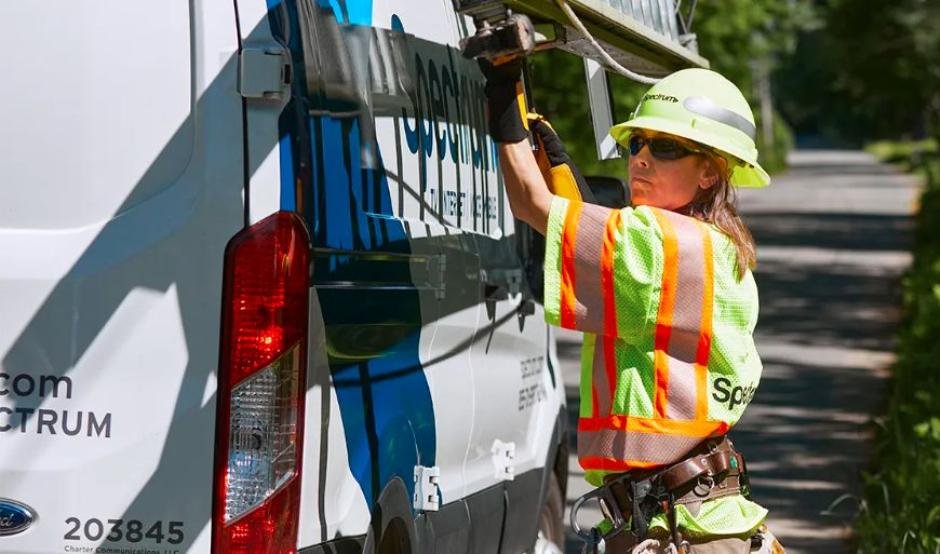Charter Communications, which operates the Spectrum brand, reported 0.6 percent rise in its revenue to $13.766 billion for the three months ended June 30, 2025.

Internet revenue rose by 2.8 percent to $5.97 billion, maintaining its position as the largest revenue contributor.
Mobile service revenue saw strong growth of 24.9 percent, reaching $921 million.
Video revenue declined by 9.9 percent to $3.48 billion.
Voice revenue dropped by 8.0 percent.
Residential revenue dipped 0.4 percent to $10.72 billion from $10.76 billion. Commercial revenue rose by 0.8 percent to $1,836 million.
Small business revenue fell by 1.6 percent to $1,094 million. Mid-market and large business revenue increased 2.9 percent to $742 million. Advertising sales were down significantly by 6.7 percent to $371 million, while revenue from other sources grew by 18.9 percent, partially offsetting declines in legacy segments.
Capital expenditure of Charter Communications rose 0.7 percent to $2,874 million during the second-quarter of 2025, driven by upgrade/rebuild (primarily network evolution) and CPE, partly offset by lower line extension spend.
Charter has lowered its Capex to $11.5 billion for 2025 from the previous estimate of $12 billion. Charter said the decrease in Capex primarily reflects the timing of network evolution spend and lower commercial and subsidized rural line extensions spend.
Customers
In Q2 2025, Spectrum reported a loss of 117,000 Internet customers, a smaller decline than the 149,000 lost in Q2 2024, which had included 50,000 disconnections due to the end of FCC’s ACP subsidies.
The company also saw a reduction of 80,000 video customers, a significant improvement from the 408,000 lost a year earlier, helped by revised pricing strategies and the inclusion of streaming apps in its basic packages.
Charter added 500,000 mobile lines during the quarter, slightly down from 557,000 added in Q2 2024. Wireline voice customers dropped by 220,000, compared to a 280,000 decline in the same quarter last year.
During the second quarter of 2025, Charter activated 123,000 subsidized rural passings. Within Charter’s subsidized rural footprint, total customer relationships increased by 47,000 in the second quarter of 2025.
Strategic initiatives
Charter has implemented a range of strategic initiatives aimed at enhancing customer experience, expanding service capabilities, and driving growth.
In September 2024, Spectrum introduced a simplified pricing and packaging model to offer more competitive bundled pricing, supported by commitments to reliable service, transparency, and faster technician response times.
As part of its network evolution, Spectrum is rolling out symmetrical and multi-gigabit Internet speeds, launching 2×1 Gbps service in eight markets in 2025 as Step 1 of this upgrade. Spectrum Advanced WiFi now offers customers better control, security, and performance at home. In video, Charter’s strategy includes bundling up to $75 per month worth of streaming apps with its TV Select service at no extra cost, with more value to come and flexible package options introduced in July 2025.
On the mobile front, Spectrum Mobile, which includes 5G, contract-free plans, and all-inclusive pricing, plays a key role in Charter’s converged network approach. Charter is also collaborating with government entities to extend broadband access to unserved and underserved areas, reinforcing its commitment to universal connectivity.
Baburajan Kizhakedath
